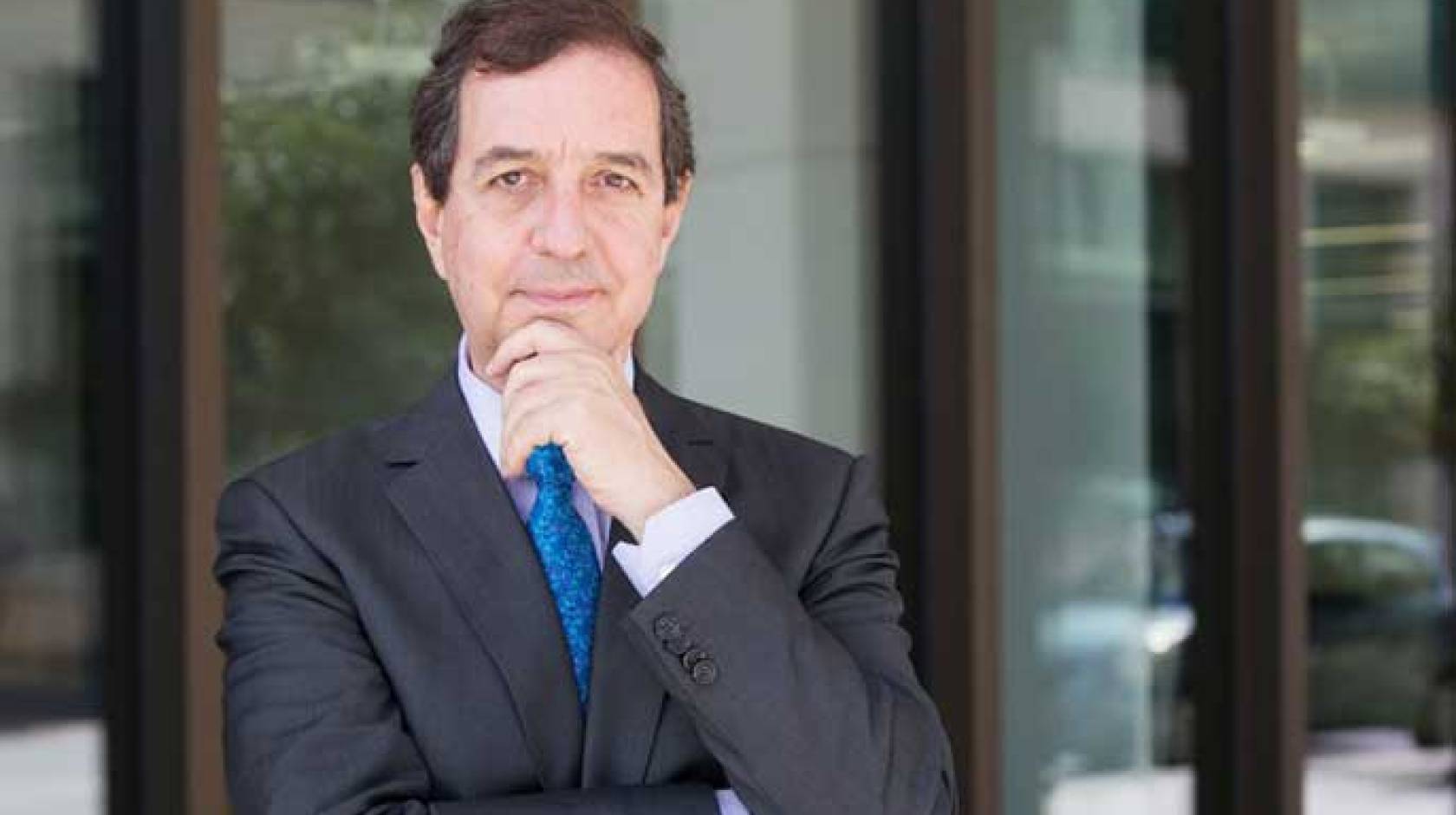Laura Kurtzman, UC San Francisco

International health research at UCSF got its start in the late 1980s, with a small AIDS program in Uganda. A quarter-century later, it is a global research enterprise, with 600 UCSF investigators working in 190 countries.
UCSF’s Global Health Sciences now embraces all that the university has to offer: basic science, social science and clinical care, along with education and emerging areas that incorporate policy and diplomacy.
This month, Global Health Sciences celebrates the 10-year anniversary since its founding as a formal program with two major events: the opening of Mission Hall, where global health faculty will be gathered under one roof for the first time, and an international symposium on global health, featuring many of the giants in the field.
The goal of the conference is to explore what is coming next in global health, so that scientific efforts are targeted in the best way.
“As an academic health sciences university, UCSF plays a critical role in helping to set the global health agenda,” said Jaime Sepulveda, M.D., DSc, MPH, executive director of Global Health Sciences. “That’s what we’re doing with this symposium and with our day-to-day work.”
The symposium agenda sprang, in part, out of the recent Science special issue on global health. Sepulveda and UCSF Global Health Sciences were key partners in developing the issue, which includes a perspective from Sepulveda on the state of global health in 2014.
“UCSF has always been science-driven,” Sepulveda said. “That’s why our program is called Global Health Sciences. It’s an indication that we aim to bring the same rigor to this new field of knowledge that we have to all of the University’s other endeavors.”
UCSF scientists are working on major killers, like AIDS, tuberculosis and malaria, as well as lesser-known threats, like dengue, Chagas’ disease and River Blindness. They are studying how programs work — and why some work better in some places than others. And they are asking the tough questions about how to build health systems in countries that are only now becoming economically strong enough to support them.
Educators are training students at UCSF for global careers and helping clinicians around the world with massive online open enrollment courses, while researchers are mentoring young scientists abroad on research projects and training health workers through large community-based trials.
UCSF faculty are also contributing to major policy debates. Several played key roles in the Lancet Commission on Investing in Health, which laid out a 20-year plan to increase the amount spent on health in poor countries and improve access to care, while calling on the global community to expand research and development for diseases that disproportionately affect poor countries. Together, these efforts could save 10 million lives.
Most recently, Sepulveda and other UCSF faculty have added their voices to the debate over the United Nation’s Sustainable Development Goals for 2030 by urging that the sole health goal now planned for inclusion be practical, concrete and include measurable targets, such as a 40 percent reduction in premature mortality.
These efforts show the strength of Global Health Sciences as it enters its second decade. The program has attracted the leading minds in the field — most recently Eric Goosby, M.D., President Barack Obama’s former global AIDS coordinator, and Harvey Fineberg, M.D., Ph.D., former head of the Institute of Medicine — to join a growing powerhouse of global health influencers at UCSF.
“We are having a real influence in shaping global health priorities,” Sepulveda said. “It would be hard to find the same concentration of high-caliber global health leaders anywhere else in a single university.”

